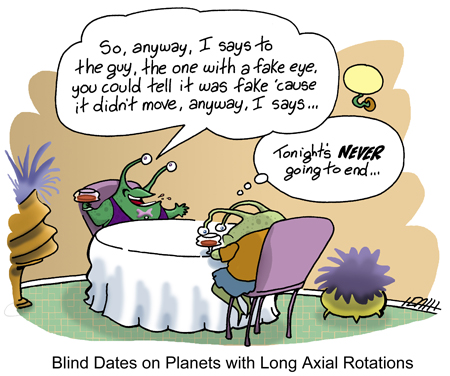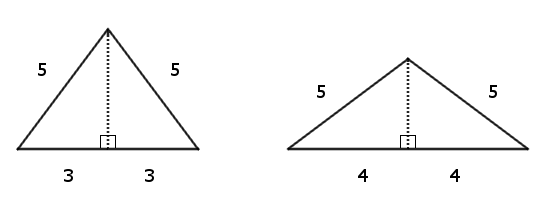“Truth comes out of error more easily than out of confusion.” — Francis Bacon
Nobrow Cartoons by Mark Heath
At Sea
Christian Morgenstern’s 1905 nonsense poem “Fish’s Night Song” manages to be both charming and incomprehensible:
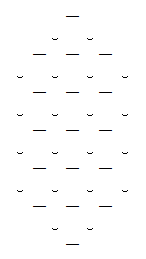
That’s it. Jeremy Adler and Ulrich Ernst list the interpretations that have been suggested:
The symbols signify the metre of silent song; the alternation of symbols indicates a fish mouth opening and closing; together, they resemble the frontal view of a choir of fish; they represent water; they resemble the shape of a fish without head or tail. These as well as other interpretations of the poem are quite permissible. Thus we have, in the framework of ‘nonsense literature,’ a new type of visual poetry: a poem of figures that does not imitate any particular form, the abstract figure poem.
“Or, expressed differently,” writes Heinrich Plett in Literary Rhetoric, “the referentiality of this isographemic configuration is polysemous.”
Unwound
You have 13 reels of magnetic tape, one empty reel, and a machine that will wind tape from a full reel to an empty one, reversing its direction. You need all 13 tapes reversed on their original reels. Show how this can be done, or prove that it’s impossible.
A Chemical Traffic Light
A solution of glucose, sodium hydroxide, and indigo carmine, when shaken, will change from yellow to red to green. Left to sit, it will revert to red again, then yellow, and the process can be repeated.
The indigo carmine is green when oxidized, yellow when reduced, and red in the intermediate semiquinone state.
R.I.P.
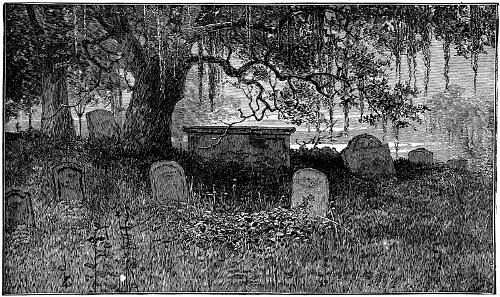
Puzzling tombstones, quoted in Grave Humor, Alonzo C. Hall, 1961:
Yorkshire, England:
Miles
This tombstone is a milestone. Why so?
Because beneath lies Miles. He’s Miles below.
A little man was he, a dwarf in size,
Yet now stretched out, at least Miles long he lies.
This grave, though small, contains a space so wide.
There’s Miles in breadth and length and room beside.
Sheffield, England:
John Knott
Here lies a man that was Knott born,
His father was Knott before him,
He lived Knott and did Knott die,
Yet underneath this stone doth lie.
London:
Ann Mann
Here lies Ann Mann,
Who lived an old maid
But died an old Mann
Dec. 8, 1767
The young Charles Lamb, visiting a churchyard with this sister, asked, “Mary, where are all the naughty people buried?”
Misc
- Holmes and Watson never address one another by their first names.
- Until 1990, the banknote factory at Debden, England, was heated by burning old banknotes.
- The vowels AEIOUY can be arranged to spell the synonyms AYE and OUI.
- 741602 + 437762 = 7416043776
- “In all matters of opinion our adversaries are insane.” — Mark Twain
Two trick questions:
Who played the title role in Bride of Frankenstein? Valerie Hobson — not Elsa Lanchester.
Did Adlai Stevenson ever win national office? Yes — Adlai Stevenson I served as vice president under Grover Cleveland in 1893.
Society News
On Thursday afternoon a large party of friends, who had been enjoying themselves at a picnic in the picturesque neighbourhood of Boscastle, Devonshire, were about to return home, when the hat of Mr. Dennis, a solicitor, who was assisting two ladies to the carriage, was blown off, and, in running hastily to recover it, the unfortunate gentleman fell over the cliffs, and was instantly dashed to pieces. The deceased gentleman was much respected.
— The Times, Sept. 1, 1853
Tall and Wide
The Dim Reaper
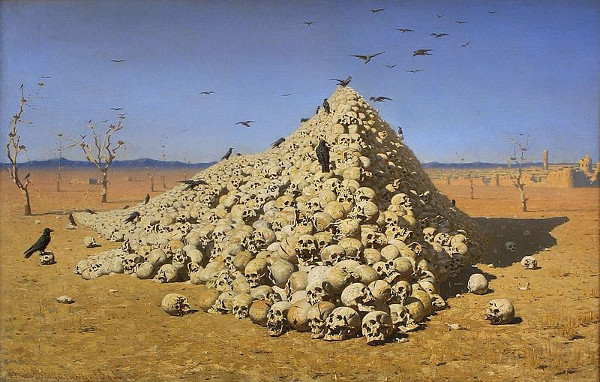
We live the time that a match flickers; we pop the cork of a ginger-beer bottle, and the earthquake swallows us on the instant. Is it not odd, is it not incongruous, is it not, in the highest sense of human speech, incredible, that we should think so highly of the ginger-beer, and regard so little the devouring earthquake?
— Robert Louis Stevenson, “Aes Triplex,” 1878

